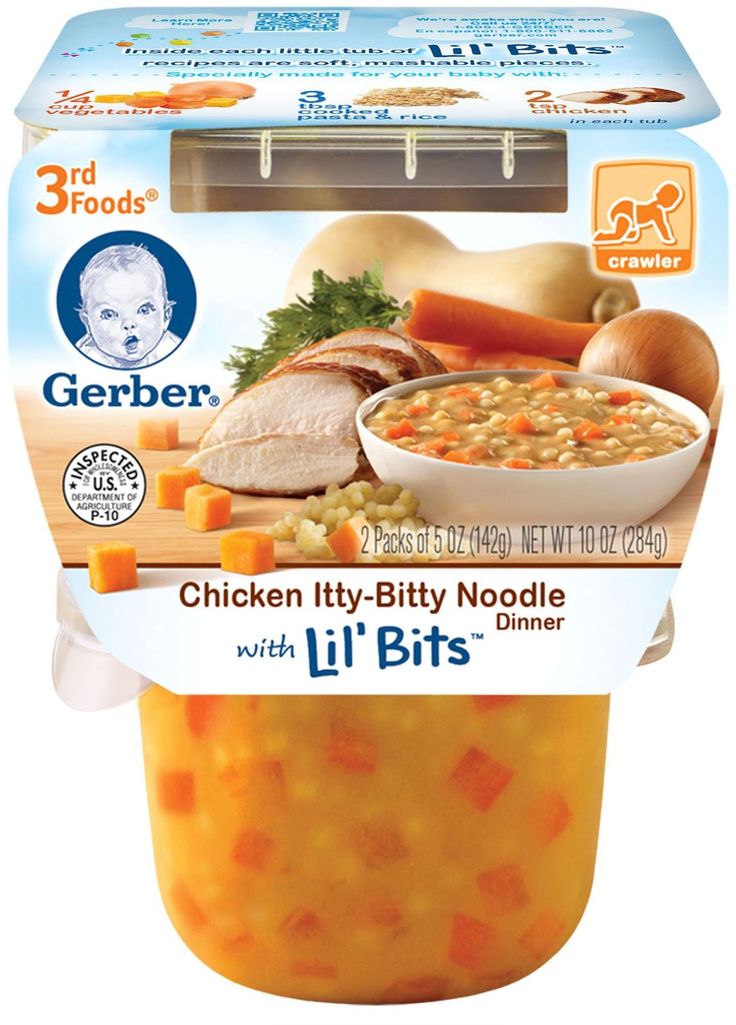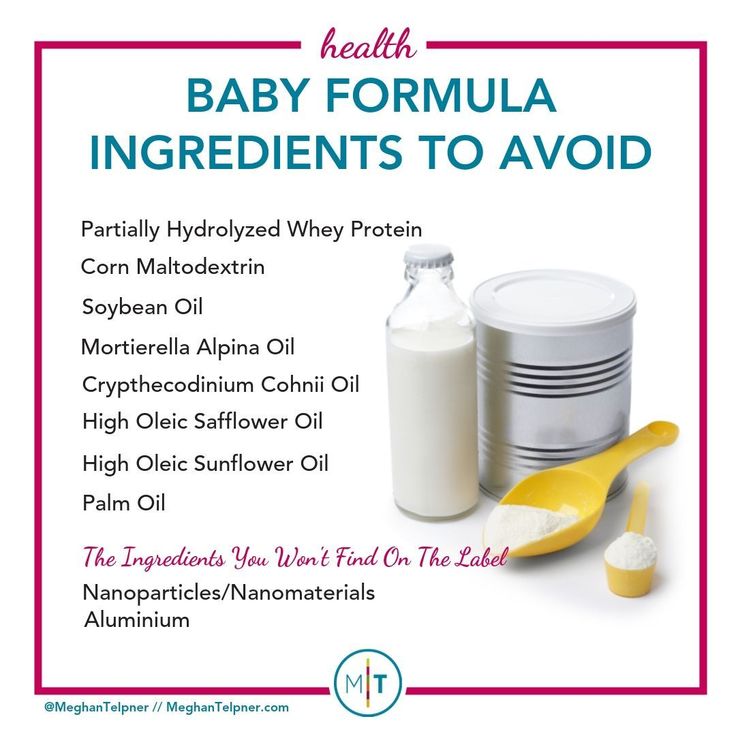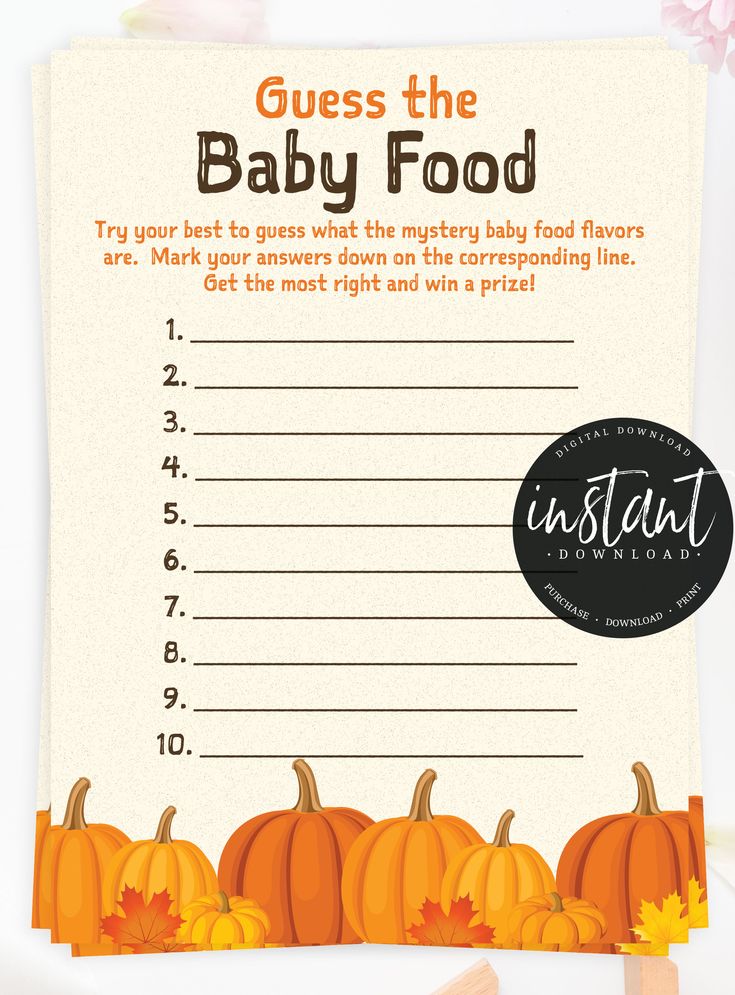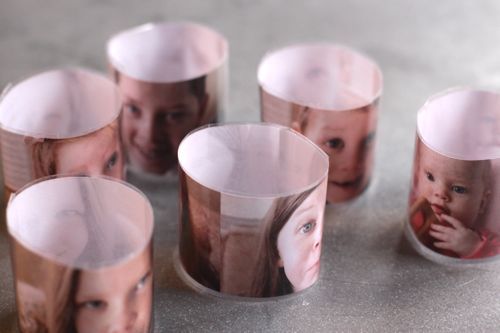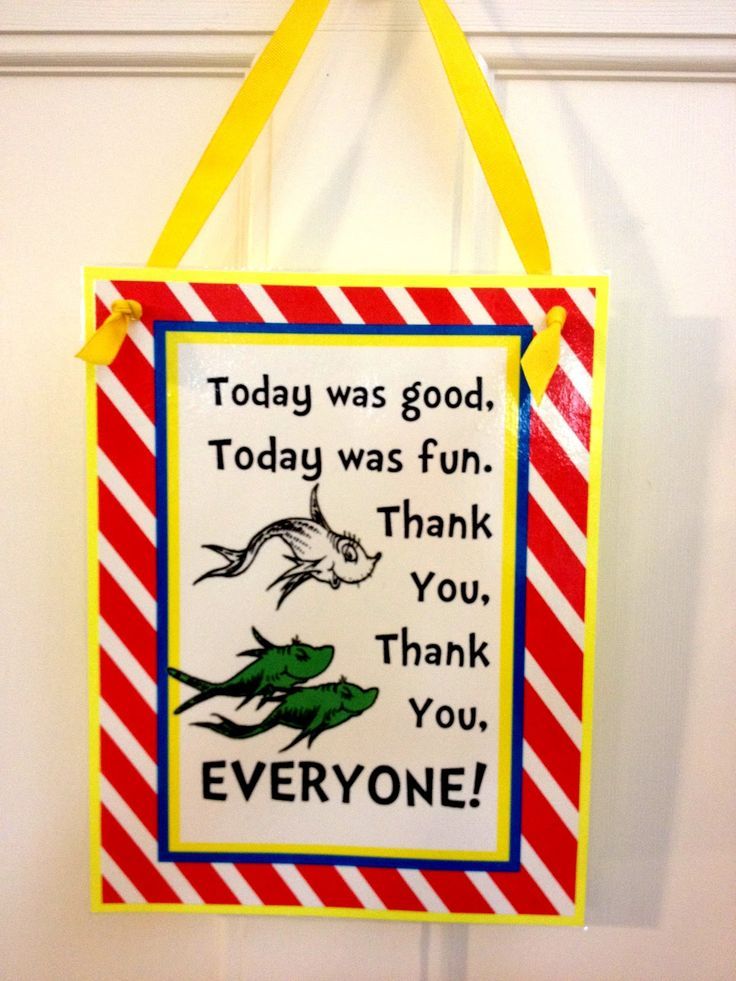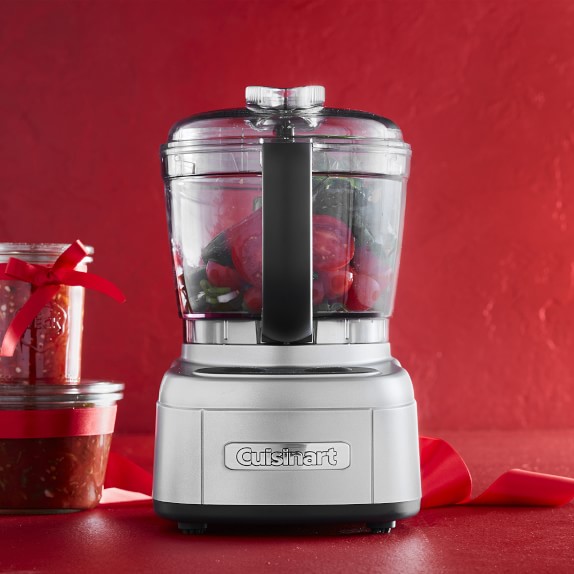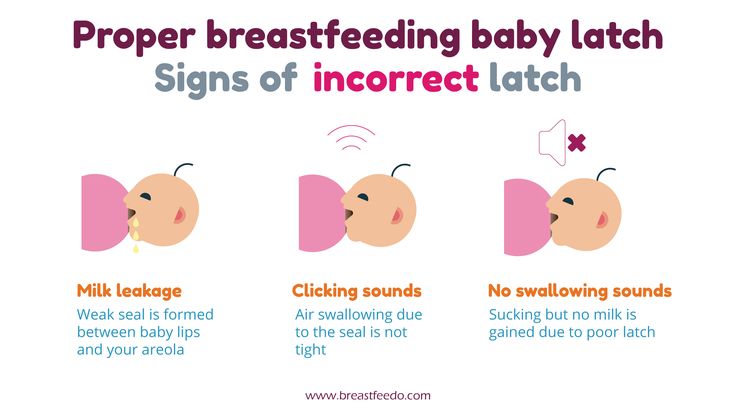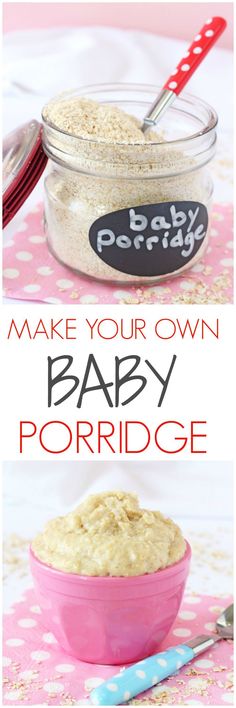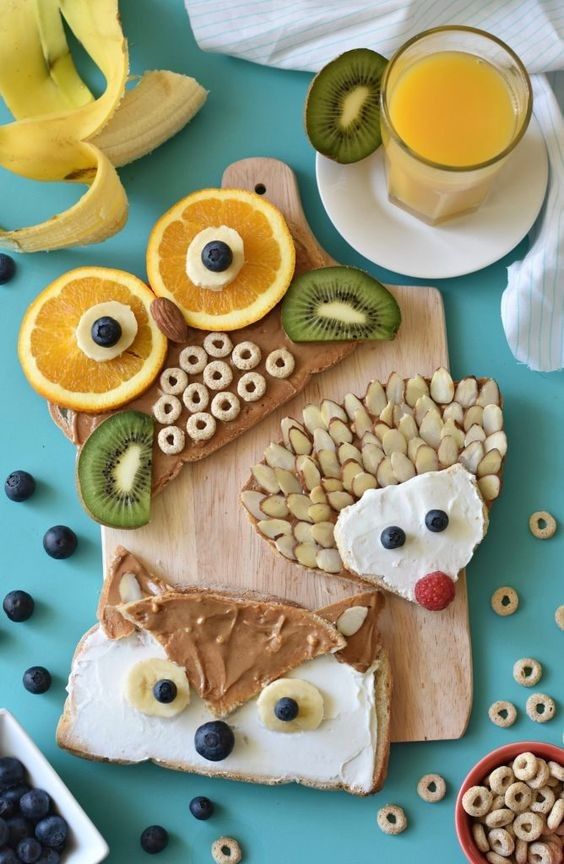Mercury baby food
Heavy metals in baby food? What parents should know and do
If there is anything you can trust to be safe, it should be baby food, right?
Well… maybe not.
A report from the US House Committee on Oversight and Reform says that commercial baby foods are tainted with dangerous levels of arsenic, lead, cadmium, and mercury.
Which baby food companies are involved?
The report was based on information from just four companies that make baby food: Nurture, Beech-Nut, Hain, and Gerber. Arsenic, lead, and cadmium were found in baby foods from all of the companies; mercury was found in the food from the only company that tested for it (Nurture).
Of note, three other companies (Walmart, Sprout, and Campbell’s Soup) were asked to provide the same information about their baby food products, and did not.
And that is part of the problem: this is just one report, with limited information. It’s hard to know exactly what it means about commercial baby foods in general, but it’s a report that we need to take seriously, because all four of these heavy metals can affect the developing brain. And when you harm the brain as it develops, the damage can be permanent.
Do organic baby foods contain heavy metals?
It’s important to note that organic baby foods aren’t necessarily better, in no small part because many of them contain brown rice. Many rice plants naturally contain arsenic, and brown rice has more than white rice. Over the past few years we have come to understand the problem of arsenic in rice, and both the American Academy of Pediatrics (AAP) and the FDA recommend limiting rice intake for babies.
What steps can parents take to be sure baby foods are safe and healthy?
The FDA is working on doing better monitoring and regulation of heavy metals in commercial baby foods. In the meantime, it’s nearly impossible to know which are completely safe and which aren’t. Babies don’t need solid foods until 6 months of age. At that time it’s perfectly fine to give them soft table foods instead of baby foods. You can also make your own baby food, using steamed or naturally soft foods and a blender.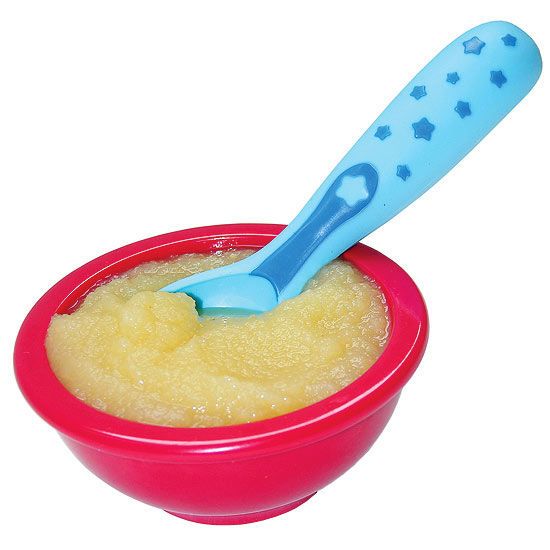 (Storage tip: you can pour a homemade puree into an ice cube tray and freeze it, and then just grab the cubes you need each time.)
(Storage tip: you can pour a homemade puree into an ice cube tray and freeze it, and then just grab the cubes you need each time.)
The American Academy of Pediatrics has suggestions for families to help decrease their children’s exposure to heavy metals in their food and drink:
- Give your child a wide variety of different foods (the more natural colors, the better).
- Vary the grains. As mentioned above, it’s best to limit rice and rice products (check labels — rice is in a lot of foods marketed for babies, like “puffs”). Try barley, oats, and other grains. When cooking rice, it’s best to cook it in extra water and drain that water off, and to use white basmati and sushi rice, which have less arsenic.
- Check your water. Old pipes can contain lead, which can leach into drinking water.
- Avoid fruit juices. Not only can they increase the risk of cavities and obesity, but many commercial juices also contain heavy metals.
- Make healthy fish choices.
 Fish contains nutrients that are very healthy for the developing brain, but some fish can contain unhealthy amounts of mercury. Stay clear of big, predatory, long-living fish like swordfish, shark, or albacore tuna; it’s better to choose fish like cod, light tuna, salmon, or pollock.
Fish contains nutrients that are very healthy for the developing brain, but some fish can contain unhealthy amounts of mercury. Stay clear of big, predatory, long-living fish like swordfish, shark, or albacore tuna; it’s better to choose fish like cod, light tuna, salmon, or pollock.
Follow me on Twitter @drClaire
As a service to our readers, Harvard Health Publishing provides access to our library of archived content. Please note the date of last review or update on all articles.
No content on this site, regardless of date, should ever be used as a substitute for direct medical advice from your doctor or other qualified clinician.
Homemade baby food contains as many toxic metals as store-bought options, report says
Consumer
By CBS New York Team
/ CBS/CNN
Report: Homemade baby foods could contain toxic heavy metals
Report: Homemade baby foods could contain toxic heavy metals 00:32NEW YORK -- Making baby food at home with store-bought produce isn't going to reduce the amount of toxic heavy metals in the food your baby eats, according to a new report.
"We found no evidence to suggest that homemade baby foods made from store-bought produce are better than store-bought baby foods when it comes to heavy metal contamination," said the paper's coauthor Jane Houlihan, research director for Healthy Babies, Bright Futures.
An alliance of nonprofits, scientists and donors, HBBF, which produced the report, has a stated mission of reducing babies' exposures to neurotoxic chemicals.
Researchers tested 288 foods bought at stores and farmers markets across the United States -- including grains, fruits, vegetables, snacks, teething foods, and family items that babies eat, such as cereals and rice cakes -- for lead, arsenic, mercury and cadmium. Those heavy metals are among the World Health Organization's top 10 chemicals of concern for infants and children.
"Toxic metal exposure can be harmful to the developing brain. It's been linked with problems with learning, cognition, and behavior," according to the American Academy of Pediatrics.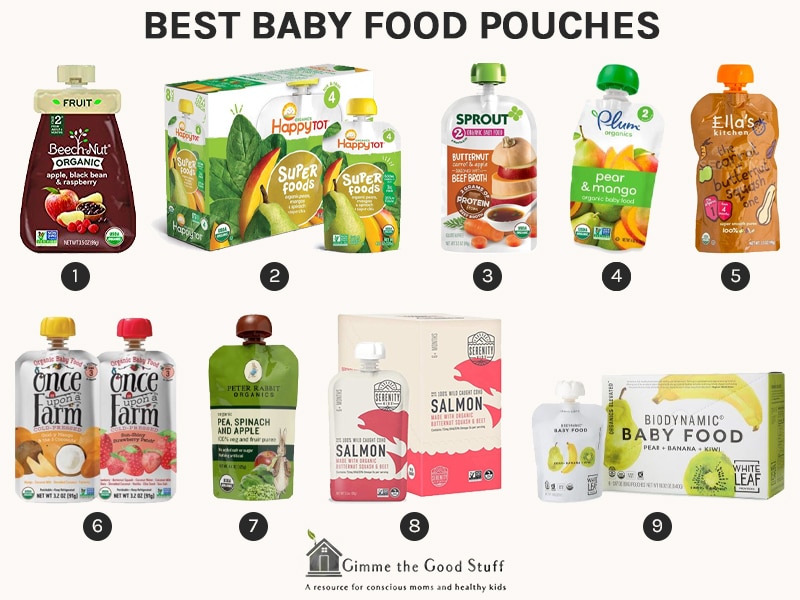
Researchers also pored over data from 7,000 additional food tests reported in published studies and by the US Food and Drug Administration.
Results showed 94% of manufactured baby foods, family foods and homemade purees made from purchased raw foods contained detectable amounts of one or more heavy metals.
Lead was found in 90% of manufactured baby food bought by shoppers for the report and 80% of store-bought family food and homemade purees. There is no safe level of lead, according to the AAP.
Arsenic was found in 68% store-bought baby food and 72% of family food either purchased or prepared at home. Cadmium was found in 65% of purchased baby food and 60% of family foods, and mercury was in 7% of store-bought baby food and 10% of family foods. (The highest levels of mercury are found in seafood, which was not tested in this analysis.)
The new report is a follow-up to a November 2019 report in which Healthy Babies, Bright Futures tested 168 foods purchased from major baby food manufacturers.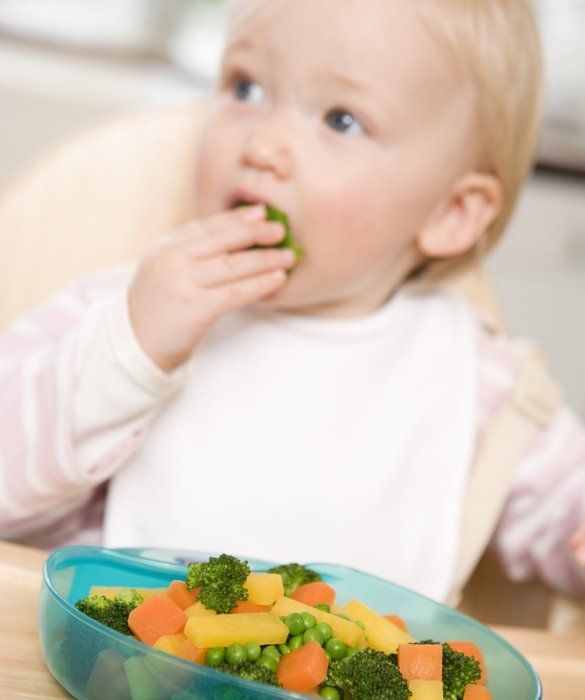 That analysis found 95% of store-bought baby food contained lead, 73% contained arsenic, 75% contained cadmium and 32% contained mercury. One-fourth of the foods tested that year contained all four heavy metals.
That analysis found 95% of store-bought baby food contained lead, 73% contained arsenic, 75% contained cadmium and 32% contained mercury. One-fourth of the foods tested that year contained all four heavy metals.
"After that report we saw so many people saying you can get around this problem by making your own baby food at home, so we decided to check," Houlihan said. "We suspected we'd find heavy metals in all kinds of food because they're ubiquitous contaminants in the environment.
"And that is exactly what we found -- heavy metals were in foods from every section of the store," Houlihan said. "What this says is that as the FDA is setting standards for heavy metals in baby food, they need to go beyond the baby food aisle."
What's a parent or caregiver to do? Feed baby with as many different types of foods as possible, said pediatrician Dr. Mark Corkins, chair of the Committee on Nutrition of the American Academy of Pediatrics. He was not involved in the study.
"If you spread foods out, and offer a wide variety of options, you'll have less toxicity," Corkins said. "And nutritionally that's always been the right thing to do to get the most micronutrients from the food you eat."
Does buying organic help?
The report found buying organic didn't lower heavy metal levels either, which was "not shocking or surprising," said Corkins, a professor of pediatrics at the University of Tennessee Health Science Center and Le Bonheur Children's Hospital in Memphis, Tennessee.
"It's the soil and water that's contaminated with arsenic and other heavy metals, so it doesn't matter if it's organic or traditional farming methods," Corkins said. That would apply to locally grown crops or even backyard gardens, if the soil had not been verified to be metal-free.
However, buying organic can help avoid other toxins the new report did not consider, such as herbicides and pesticides, said Dr. Leonardo Trasande, director of environmental pediatrics at NYU Langone Health.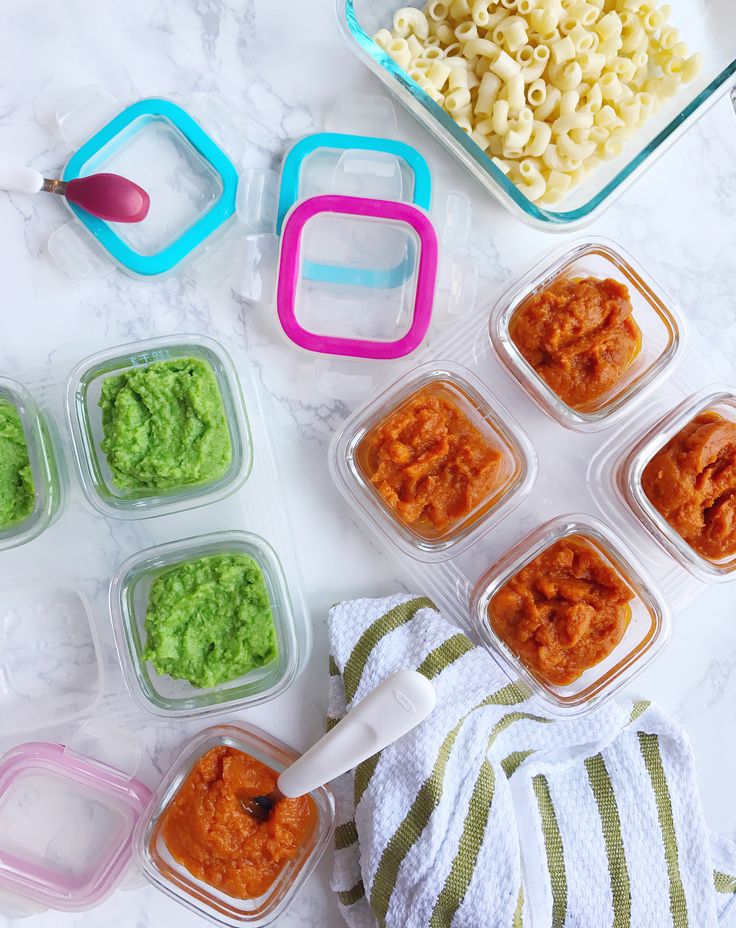 He was not involved in the study.
He was not involved in the study.
"There are other benefits to eating organic food, including a reduction in synthetic pesticides that are known to be as bad for babies, if not even more problematic," Trasande said.
"We've seen multiple studies show significant effects of synthetic pesticides on cognitive function in children as a result of prenatal exposure. We've seen images of the brain where certain parts are smaller that are crucial for higher order functioning after exposure," he added. "A simple step would simply be to say eat organic because regardless of anything we're talking about in this report, it's good for you."
Experts agree that battling toxins in baby foods is a job for government organizations who will need to work with growers, suppliers and manufacturers to institute regulations and safeguards. In the meantime, parents can make a difference.
"Making even one simple choice every day to lower a child's exposure will make a difference, whether that's staying away from rice-based snacks and serving a diced apple instead or choosing not to serve carrots and sweet potatoes every day," Houlihan said.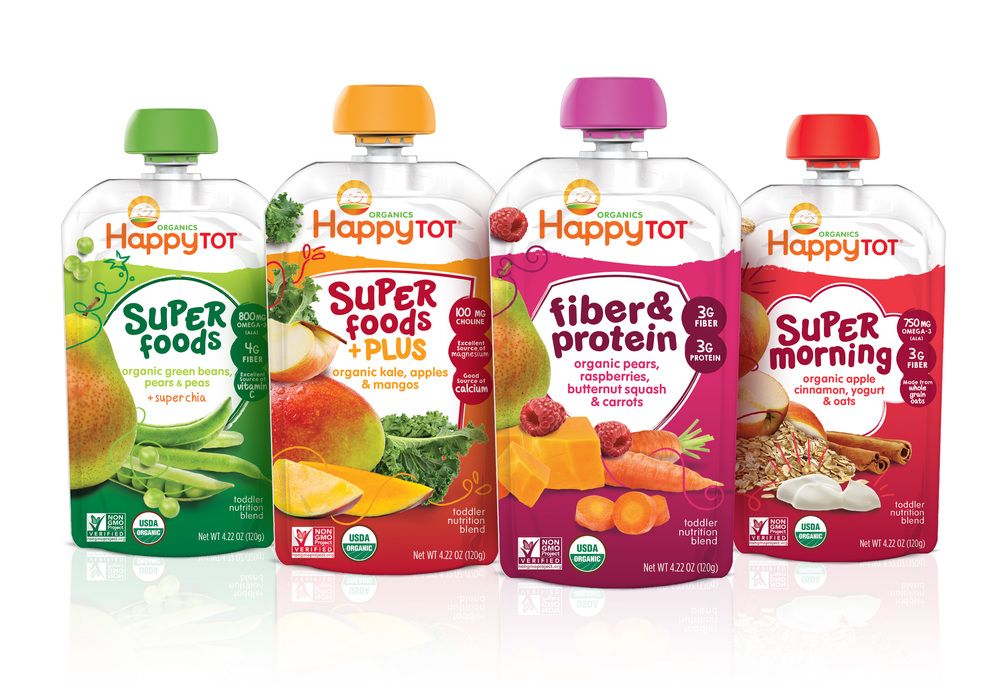
"With heavy metals and other toxins the risks add up over a lifetime," she added. "So even if some of these foods had been served to a child up to their second birthday, starting from there to lower exposure to toxins is going to add up. Every choice matters."
Least contaminated foods
Tested foods with low metal content contain one-eighth as much heavy metal contamination as foods with the highest levels, Houlihan said. These are foods that can be "eaten freely," the report suggested.
Fresh bananas, with heavy metal levels of 1.8 parts per billion, were the least contaminated of foods tested for the report. That's an "82-fold difference in average level of total heavy metals" from the most contaminated food, rice cakes, which tested at 147 parts per billion, according to the investigation.
After bananas, the least contaminated foods were grits, manufactured baby food meats, butternut squash, lamb, apples, pork, eggs, oranges and watermelon, in that order. Other foods with lower levels of contamination included green beans, peas, cucumbers, and soft or pureed home-cooked meats, the report found.
Other foods with lower levels of contamination included green beans, peas, cucumbers, and soft or pureed home-cooked meats, the report found.
Infant formula made with lead-free tap water was recommended. Tap water that has been tested and is free of lead is always a good choice. Milk is also a good choice, but only for babies 12 months and older.
Some healthy lower-metal foods, such as yogurt, unsweetened applesauce, beans, cheese, hard-boiled eggs and grapes that have been cut lengthwise, were good choices for snacks for babies, according to the report.
Fresh and frozen fruit -- including those used in homemade purees -- were options as well. But don't use canned fruits if you can avoid it: "Tests find lead 30 times more often in canned fruit than in fresh and frozen fruit," the report stated.
Parents and caregivers can also lower their baby's exposure to heavy metals by making some smart substitutions, the report said.
Using a frozen banana for a teething baby instead of a rice-based teething biscuit or rice rusk could lower total intake of heavy metals by 95%, according to the report.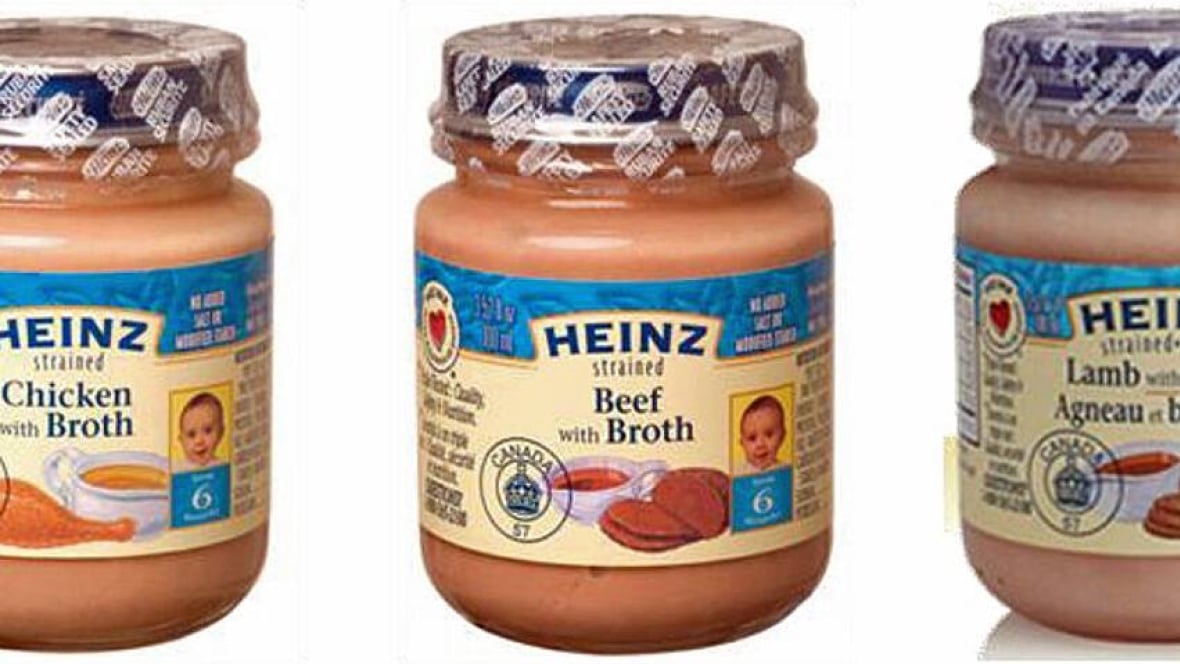 Another suggested teething aid: peeled and chilled cucumber spears.
Another suggested teething aid: peeled and chilled cucumber spears.
Avoid or limit these foods
The most heavily contaminated foods eaten by babies were all rice-based: "Rice cakes, rice puffs, crisped rice cereals and brown rice with no cooking water removed are heavily contaminated with inorganic arsenic, which is the more toxic form of arsenic," Houlihan said.
Arsenic is a natural element found in soil, water and air, and because rice is grown in water, it is especially good at absorbing inorganic arsenic. ("Inorganic" is a chemical term and has nothing to do with the method of farming.) Brown and wild rice are the worst offenders, as the bran contains the highest arsenic concentrations.
Prior research has shown that even low levels of inorganic arsenic exposure can impact a baby's neurodevelopment. A meta-analysis of studies on the topic found a 50% increase in arsenic levels in urine would be associated with a 0.4-point decrease in the IQ of children between the ages of 5 and 15.
Testing by HBBF found rice cakes were the most contaminated with inorganic arsenic, followed by crisped rice cereal, rice-based puffs and brown rice. The report recommended those foods be avoided entirely, unless the brown rice is cooked with extra water that is poured off before consumption (much like pasta). It's best to do that with all rice, including white and wild rice, the report said, as it can reduce arsenic levels by up to 60%.
Rice-based teething biscuits or rusks and white rice came next on the most contaminated list, the report said. White rice is milled to remove the outer layers, but experts say arsenic levels remain high enough to be concerning, especially if rice is a daily staple.
"Inorganic arsenic averaged 100 parts per billion in brown rice infant cereal and 74 parts per billion in white rice infant cereal in our tests," Houlihan said. "Baby food companies have taken brown rice cereal off the market because of its high arsenic levels."
Parents and caregivers can help by staying away from high-arsenic varieties of white rice grown in Arkansas, Louisiana, Texas, or simply "US" and instead choosing lower-arsenic basmati rice from California, India and Pakistan, as well as sushi rice from the US, the report said.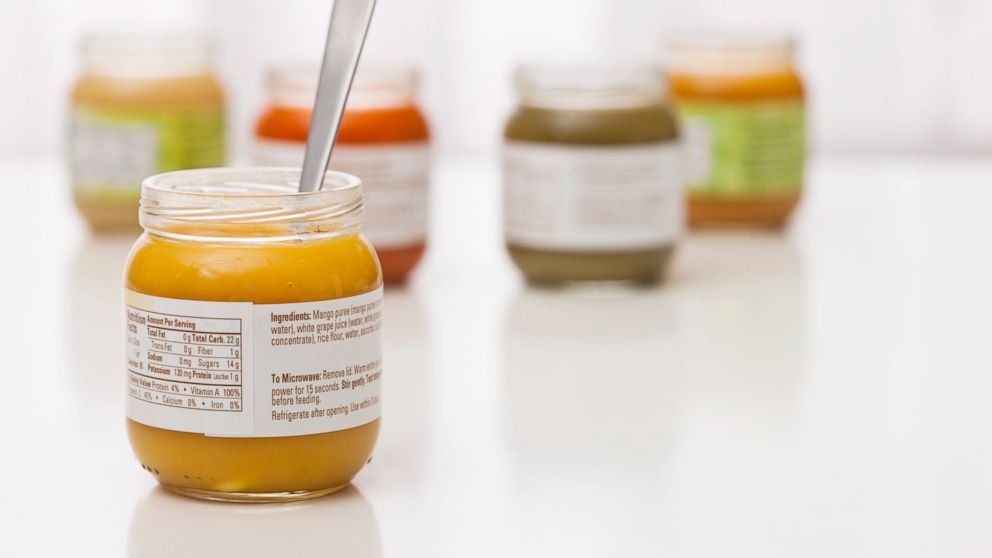
Serve these foods rarely
After rice-based foods, the analysis found the highest levels of heavy metals in raisins, non-rice teething crackers, granola bars with raisins and oat-ring cereals. But those were not the only foods of concern: Dried fruit, grape juice, arrowroot teething crackers and sunflower seed butter all contained high amounts of at least one toxic metal, according to the report.
"Many foods have a kind of unique, heavy metal profile," Houlihan explained. "For example, we saw very high levels of cadmium in things like spinach, leaf lettuce and peanut butter."
However, the human body doesn't absorb cadmium as easily as other heavy metals, and for that reason "it doesn't have as high a level of concern," Houlihan added.
"There's also not as much evidence that cadmium is neurotoxic to babies, or at least the body of evidence isn't there at the same levels as lead and arsenic," she said. "Lead and arsenic damage isn't reversible -- these are permanent impacts on IQ, learning ability and behavior, so it's a big deal.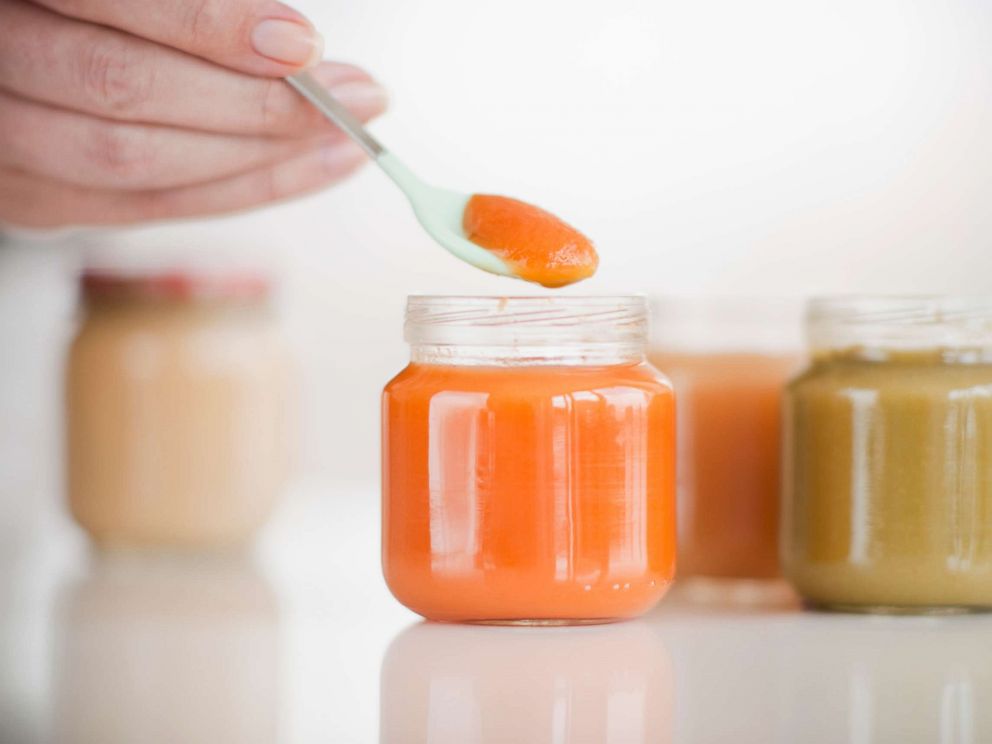 "
"
Root and tuber vegetables may have higher levels of heavy metals like lead and arsenic because they grow underground. In fact, the investigation found that nutritious baby favorites like carrots, sweet potatoes, squash and many types of potatoes did have concerning levels of heavy metals.
Even the same food could have varying levels of toxic metals, according to the report. For example, a shopper in Raleigh, North Carolina, bought a sweet potato with 60.7 parts per billion of lead -- 10 times more than the store-bought sweet potato puree she purchased. A Chicago shopper purchased a fresh carrot with eight times more arsenic than the premade carrot baby food she took home, the investigation found.
Yet shoppers in Tennessee and California found the opposite -- their fresh produce had minimal levels of heavy metals compared with the manufactured baby food brands they bought.
"As a parent, you don't know what you're picking up out of the produce bin," Houlihan said.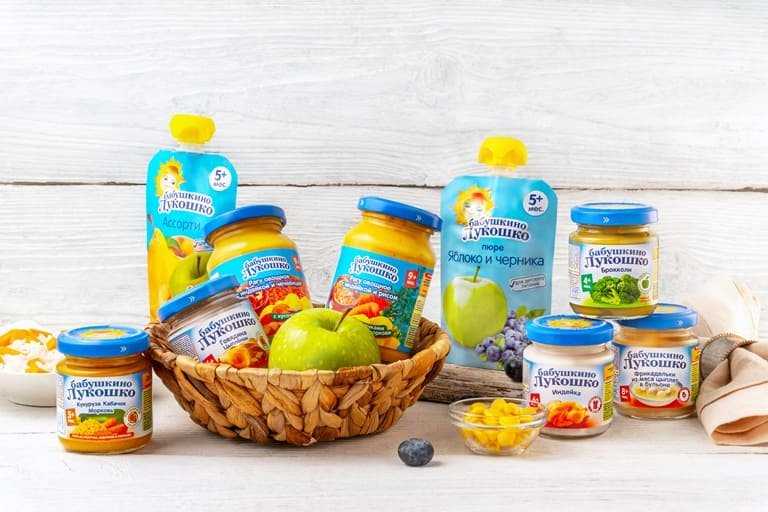 "Is it elevated because of the cultivar -- the particular type of sweet potato or carrot? Or is it elevated because it's grown in an area where the soil has naturally high levels of lead?
"Is it elevated because of the cultivar -- the particular type of sweet potato or carrot? Or is it elevated because it's grown in an area where the soil has naturally high levels of lead?
Answering these questions will be the responsibility of government regulators and industry, Houlihan said. The FDA has a Closer to Zero campaign, for example, which could take on the issue.
CNN reached out to the FDA for comment but didn't immediately received a response.
"And remember, if you're protecting the basic ingredients that parents are using to make food at home, you're not only protecting babies and toddlers, you're protecting pregnant women as well. Babies in utero are particularly vulnerable to toxins while the brain is growing at such a rapid pace."
With no way of knowing levels of toxic metals in the soil where produce is grown, parents and caregivers need to add one more step to their efforts to avoid these substances, Houlihan suggested. In addition to mixing up the variety of foods and not serving the same options each day, parents can "choose different brands or varieties of foods or shop in different stores from week to week to avoid choosing a high-metal source regularly.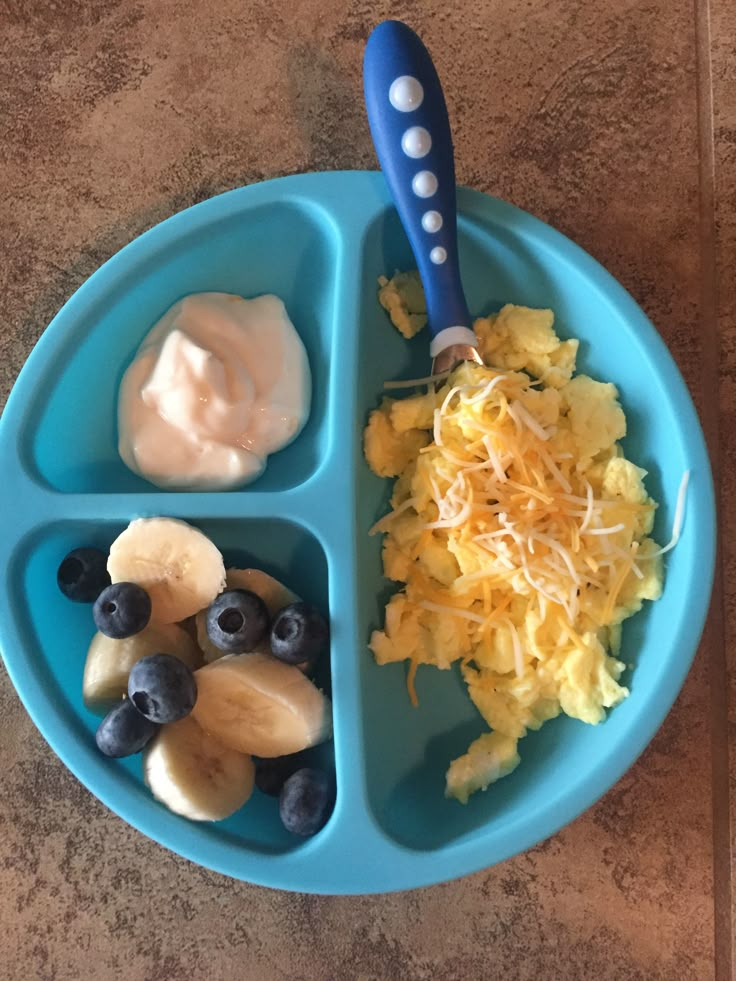 "
"
CBS New York Team
The CBS New York team is a group of experienced journalists who bring you the content on CBSNewYork.com.
Twitter Facebook Instagram
First published on August 11, 2022 / 6:16 PM
© 2022 CBS Broadcasting Inc. All Rights Reserved. This material may not be published, broadcast, rewritten, or redistributed. CNN contributed to this report.
Thanks for reading CBS NEWS.
Create your free account or log in
for more features.
Please enter email address to continue
Please enter valid email address to continue
Arsenic, lead and mercury found in popular brands of baby food
https://ria.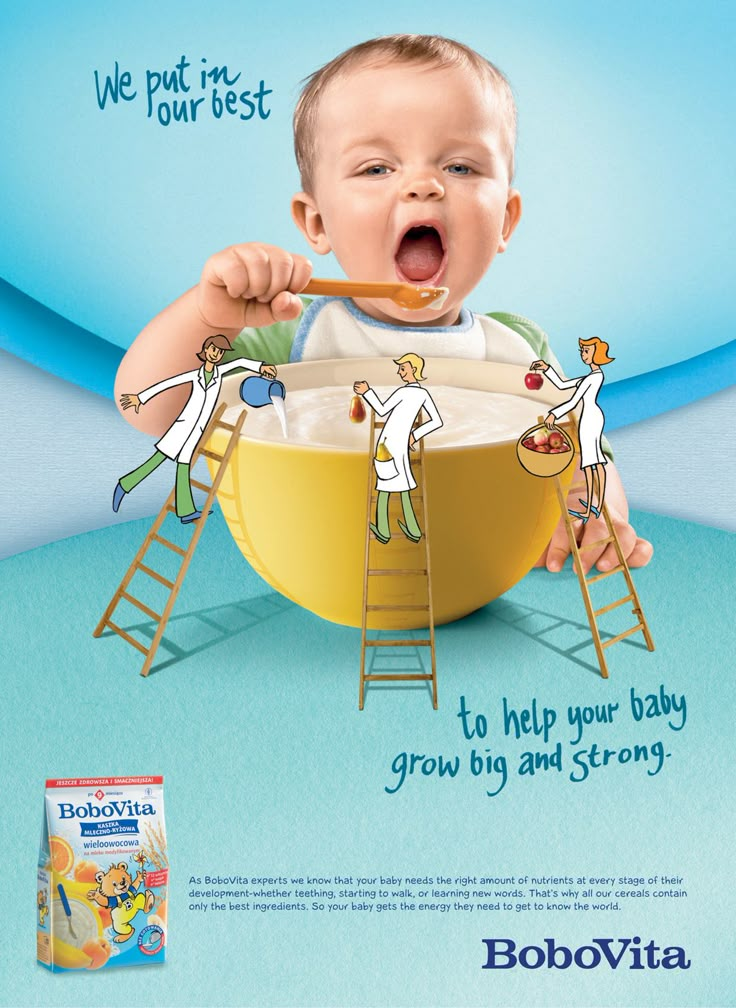 ru/20210205/pitanie-1596127725.html
ru/20210205/pitanie-1596127725.html
Arsenic, lead and mercury found in popular brands of baby food
Found in popular brands of baby food arsenic, lead and mercury - RIA Novosti, 02/05/2021
Arsenic, lead and mercury found in popular brands of baby food .. RIA Novosti, 05.02.2021
2021-02-05T10: 41
2021-02-05T10: 41
2021-02-05T16: 38
in the world
USA
WHO 9000 head/meta[@name='og:title']/@content
/html/head/meta[@name='og:description']/@content
https://cdnn21.img.ria.ru /images/156244/93/1562449374_0:0:2279:1282_1920x0_80_0_0_d929793688c9dd7ff87ce7e2722ad5f9.jpg
MOSCOW, February 5 - RIA Novosti. High levels of heavy toxic metals, including arsenic, lead, cadmium and mercury, have been found in some U.S. baby formulas that can lead to neurological damage in children, according to a U.S. House of Representatives study. Economic and Consumer Policy Subcommittee experts examined the domestic documentation from Gerber, Nurture Inc, Hain Celestial Group Inc, Beech-Nutrition, who provided data on a voluntary basis in response to a subcommittee request.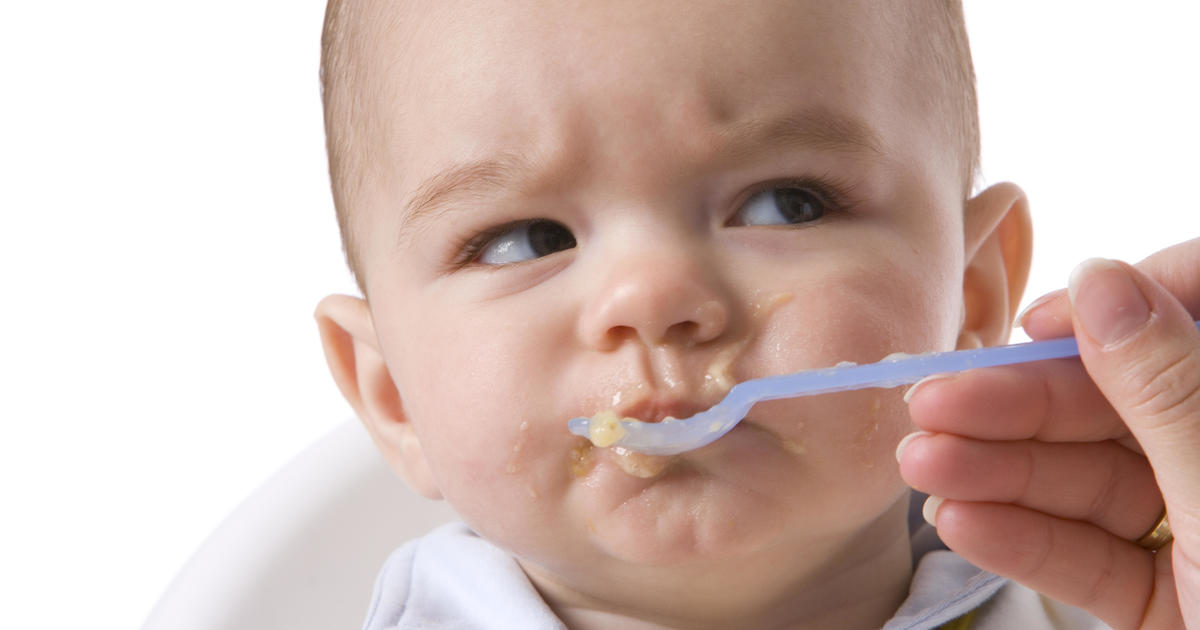 It was based on reports of the presence of metals a year earlier. Walmart, Campbell and Sprout Organic Foods refused to cooperate with the investigators. "The subcommittee investigation proves that commercial baby food contains dangerous levels of arsenic, lead, mercury and cadmium. "metals pose a serious health hazard to infants and toddlers. Manufacturers knowingly sell these products to unsuspecting parents, despite internal company standards and test results, and without any warning labels," the subcommittee on economic and consumer policy said in the text of the study. in the structure of the Committee on Oversight and Reform in the US House of Representatives. It is noted that exposure to toxic heavy metals leads to a "permanent decrease in IQ", as well as a decrease in "infant neurological development and long-term brain function." According to the US regulator and WHO, these four heavy metals are hazardous to human health, "especially for infants and children, who are most susceptible to their neutrotoxic effects.
It was based on reports of the presence of metals a year earlier. Walmart, Campbell and Sprout Organic Foods refused to cooperate with the investigators. "The subcommittee investigation proves that commercial baby food contains dangerous levels of arsenic, lead, mercury and cadmium. "metals pose a serious health hazard to infants and toddlers. Manufacturers knowingly sell these products to unsuspecting parents, despite internal company standards and test results, and without any warning labels," the subcommittee on economic and consumer policy said in the text of the study. in the structure of the Committee on Oversight and Reform in the US House of Representatives. It is noted that exposure to toxic heavy metals leads to a "permanent decrease in IQ", as well as a decrease in "infant neurological development and long-term brain function." According to the US regulator and WHO, these four heavy metals are hazardous to human health, "especially for infants and children, who are most susceptible to their neutrotoxic effects.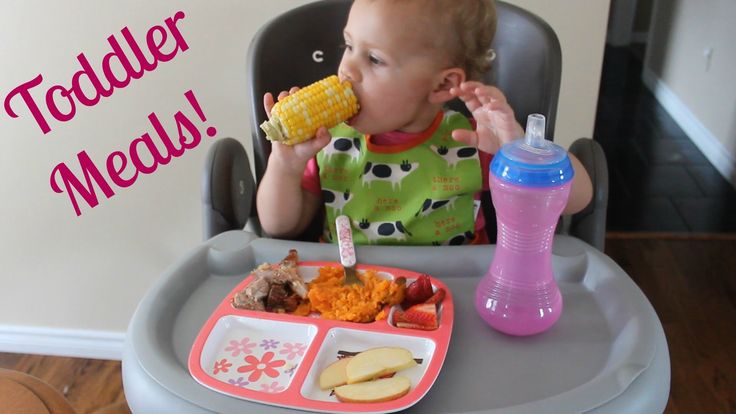 " nine0003
" nine0003
https://ria.ru/20200815/1575813258.html
https://radiosputnik.ria.ru/20210125/pitanie-159444892.html
US
96
7 495 645-6601
FSUE MIA "Russia Today"
https: //xn---c1acbl2abdlkab1og.xn-p1ai/AVARDS/
2021 9000 9000 9000 9000 RIA Novosti
1
5
4.7
96
7 495 645-6601
Rossiya Segodnya
https://xn--c1acbl2abdlkab1og.xn--p1ai/awards/
News -RU
https://ria.ru/docs/about/copyright.html
https://xn--c1acbl2abdlkab1og.xn--p1ai/
RIA Novosti
1
5
4. 96
7 495 645-6601
Rossiya Segodnya 95 645-6601
Federal State Unitary Enterprise MIA Russia Today
https: //xn---C1acbl2abdlkab1og.xn--p1ai/Awards/
RIA Novosti
1
5
4.7 9000 9000
Internet- [email protected]
7 495 645-6601
Rossiya Segodnya
https://xn--c1acbl2abdlkab1og.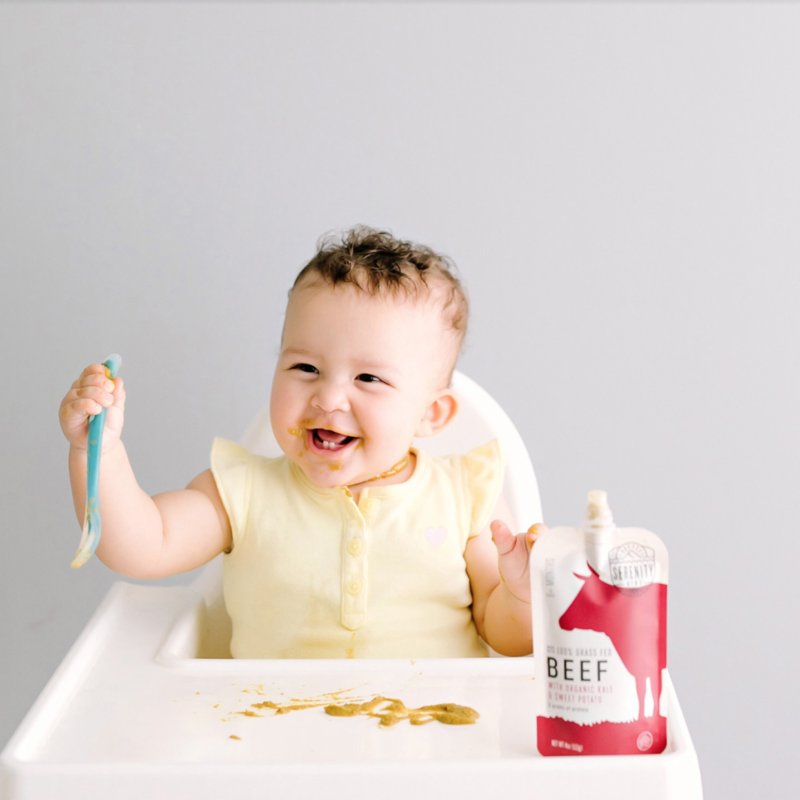 xn--p1ai/awards/
xn--p1ai/awards/
worldwide , walmart
Worldwide, USA, WHO, Health - Society, Walmart
MOSCOW, February 5 - RIA Novosti. High levels of heavy toxic metals, including arsenic, lead, cadmium and mercury, have been found in some US baby formulas that can lead to neurological damage in children, according to a US House of Representatives study.
Experts from the Economic and Consumer Policy Subcommittee reviewed internal documentation from Gerber, Nurture Inc, Hain Celestial Group Inc, Beech-Nutrition, which provided data on a voluntary basis in response to a subcommittee request. It was based on reports of the presence of metals that appeared a year earlier. nine0003
August 15, 2020, 02:05 AM
Sugar in baby food deemed dangerous for adults
Walmart, Campbell and Sprout Organic Foods refused to cooperate with the investigators.
"Subcommittee investigation finds that commercial baby food contains dangerous levels of arsenic, lead, mercury, and cadmium.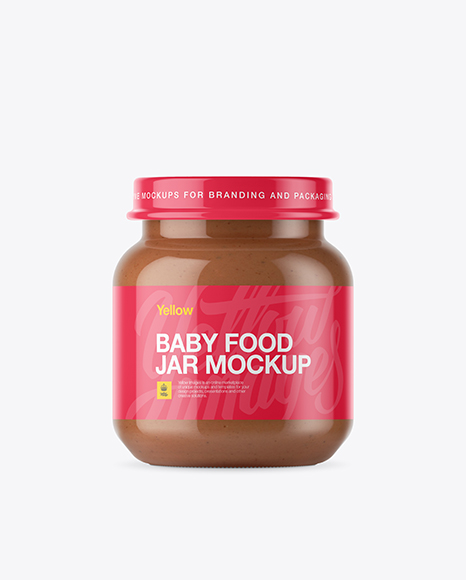 These toxic heavy metals pose a serious health hazard to infants and toddlers. Manufacturers knowingly sell these products to unsuspecting parents, despite internal company standards and test results, and without any warning label," the text of the study by the subcommittee on economic and consumer policy in the structure of the Committee on Oversight and Reform in the US House of Representatives says. nine0003
These toxic heavy metals pose a serious health hazard to infants and toddlers. Manufacturers knowingly sell these products to unsuspecting parents, despite internal company standards and test results, and without any warning label," the text of the study by the subcommittee on economic and consumer policy in the structure of the Committee on Oversight and Reform in the US House of Representatives says. nine0003
Exposure to toxic heavy metals has been reported to result in a "permanent decline in IQ" as well as a reduction in "infant neurological development and long-term brain function". According to the US regulator and WHO, these four heavy metals are hazardous to human health, "especially for infants and children, who are most susceptible to their neutrotoxic effects."
January 25, 2021, 12:13
The Prosecutor General's Office will check the quality of food in kindergartens and schools
Transport of dangerous articles | Travel Information
Pets are not permitted on Emirates aircraft.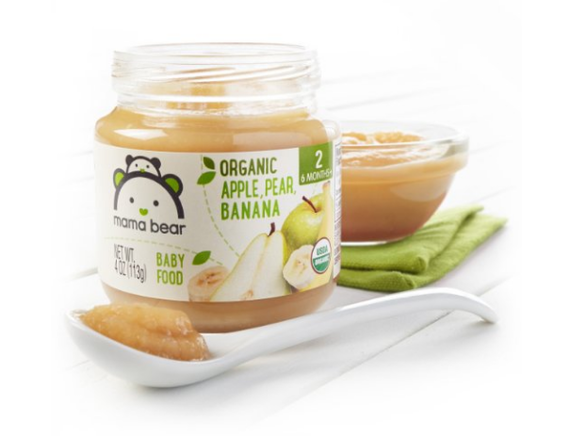 Exceptions include the transport of falcons between Dubai and certain destinations in Pakistan, as well as guide dogs for visually impaired passengers. Please see the information on the Available Ride page.
Exceptions include the transport of falcons between Dubai and certain destinations in Pakistan, as well as guide dogs for visually impaired passengers. Please see the information on the Available Ride page.
All other animals are carried in accordance with the rules applicable to your itinerary:
- On all routes ending in Dubai, animals must be carried in the cargo hold. nine0194
- For more information about transporting animals as cargo, contact Emirates SkyCargo or your local freight agent.
- On routes originating in Dubai and ending in countries where animals are allowed as excess baggage (i.e. not shown on the cargo documents), falcons, cats, dogs and pet birds may be transported in the cargo hold as checked baggage subject to the conditions of carriage. In this case, the total duration of the trip (including transfer time) should not exceed 17 hours. nine0194
For all routes, the cost of transporting one or more animals and a container depends on the weight and size of each animal in the container.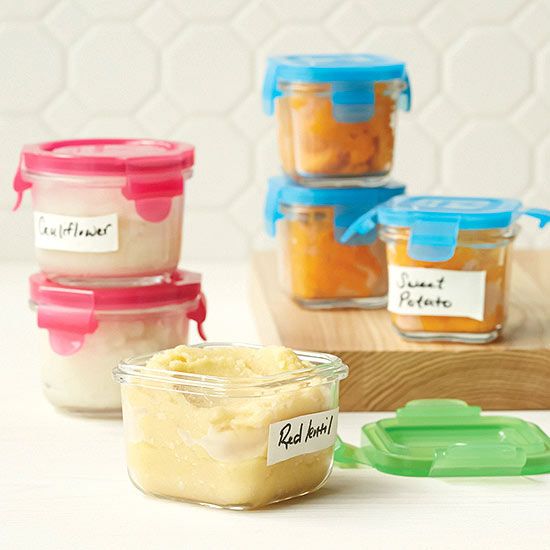 This fee will apply in all cases, even if there is no other checked baggage.
This fee will apply in all cases, even if there is no other checked baggage.
Please note the following weight and size restrictions for animals that can be carried as checked baggage.
| Pet + cage | Price | ||
|---|---|---|---|
| If animal with cage measures 150 cm or less and weighs 23 kg or less | $500 –300 cm | 650 USA | |
| If the animal weighs more than 32 kg together with the cell and has a size of 150–300 cm | 0 800 US $ | ||
| if the size of the cell exceeds 300 cm. | GOOD | CROUSES | CROUS0221 |
| If you travel to Dubai | cargo | ||
| If the total travel time exceeds 17 hours | Cargo | ||
| if you travel to a country that is not allowed to transport living animals as a recorded bagge. Cargo |
Please note that fares, documentary requirements, and pet charges differ from standard excess baggage requirements.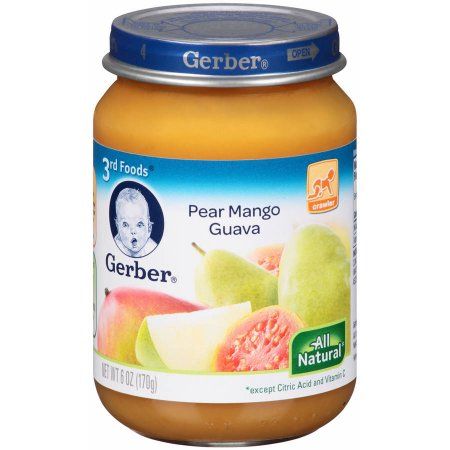 For more information, please visit Emirates SkyCargo.com or contact Emirates SkyCargo Support. nine0003
For more information, please visit Emirates SkyCargo.com or contact Emirates SkyCargo Support. nine0003
Emirates is not responsible for the carriage of animals on routes that include flights by other airlines.
If your itinerary includes flights from other airlines, these flights may have different baggage rules. To learn more.
There is no limit on the number of pets you can carry on Emirates flights. However, please note that some countries impose restrictions on the number of animals that are brought into or out of the country. For example, the importation of animals into India is limited to two pets per passenger. We advise you to study the rules that apply to your destination before traveling. nine0003
A maximum of two adult animals of comparable size and weighing up to 14 kg each may be transported in one container if they live together. Animals weighing more than 14 kg must be transported in separate containers.
More information on Emirates flights with pets
Pets must be booked and paid for as checked baggage prior to departure.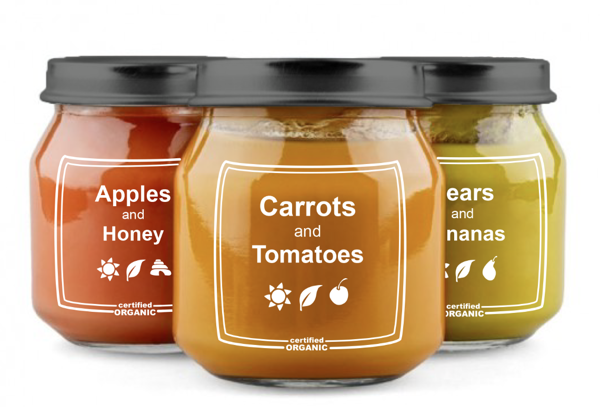
There are certain restrictions on the types of animals that can be carried on Emirates flights. All animals listed in the Convention on International Trade in Endangered Species of Wild Fauna and Flora (CITES) must be transported as cargo. Other restrictions, including import bans, apply to certain breeds of cats and dogs. For more information on prohibited breeds, please contact your local Emirates office. nine0003
Live animals (including service dogs) that may be accepted as baggage under the above rules must be carried as cargo for their safety if the total travel time exceeds 17 hours. The total travel time includes approximately 1 hour for check-in before departure and 1 hour for delivery of the animal to the arrival area at the final destination. On routes with transfers in Dubai, animals must also be carried as cargo if the time interval between connecting flights is more than 6 hours. nine0003
While waiting for a transfer in Dubai, the animals will be kept in an air-conditioned facility and will not be accessible to passengers, airport staff or agents.